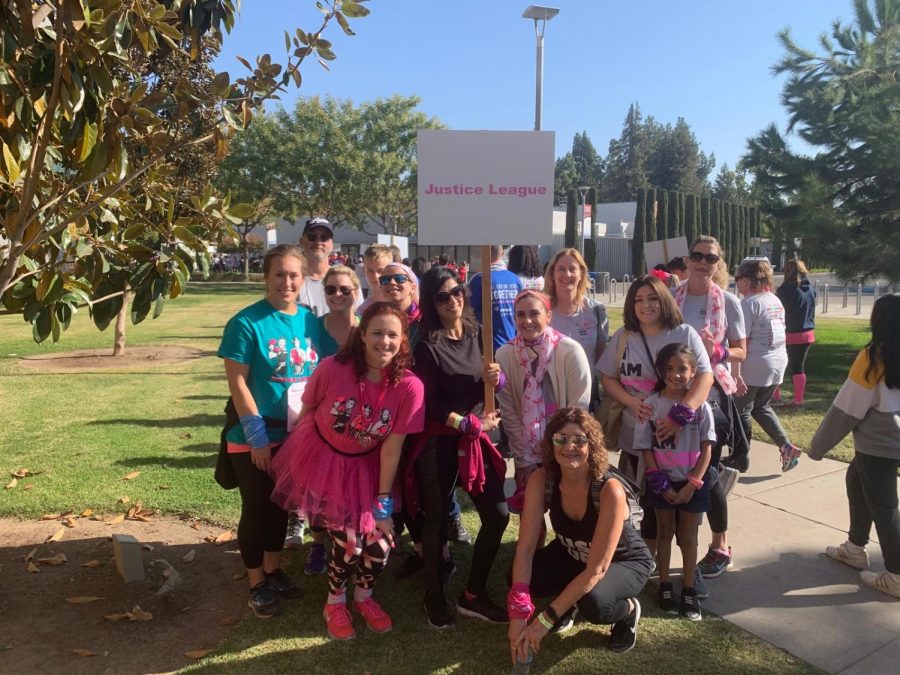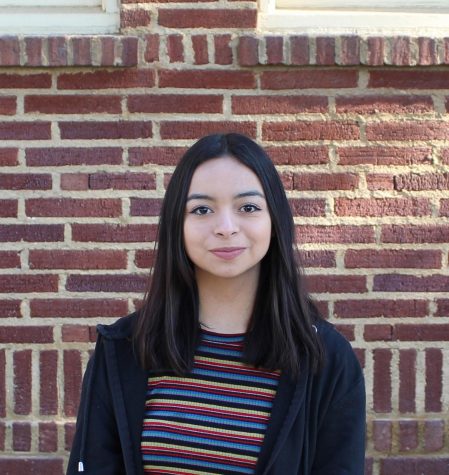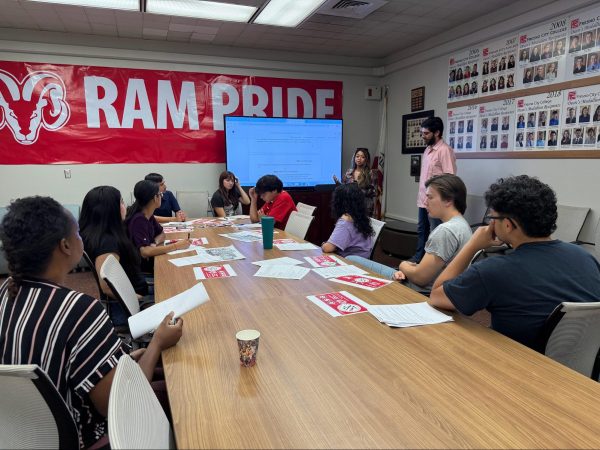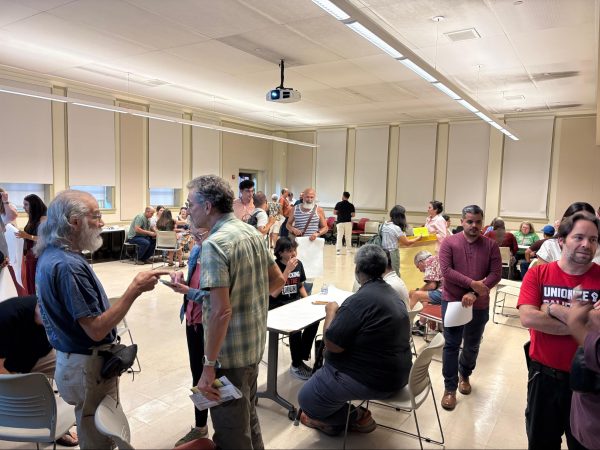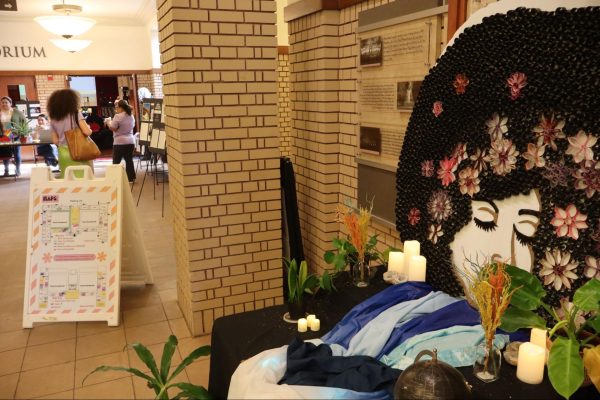‘Be Your Own Advocate’ in Preventing Breast Cancer
Jenna Kiekchaefer (front left in pink) and her team at the Susan G. Komen Walk on Saturday Oct. 12, 2019.
In 2014, a 28 year old Jenna Kiekchaefer who is currently a professor of forensic psychology at CSU Fresno was urged by her family friend to address her ongoing chest pain at a clinic.
Her gynecologist did a breast examination and noticed a “small symmetrical bump” in the right breast, and recommended Kiekchafer have a sonogram done to see what it really was.
Staff assured her that it was probably nothing and not to worry too much about it but to check it out just in case. So she had not prepared for what the doctor had to say.
Kiekchaefer was diagnosed with stage 3A breast cancer.
Doctors did not detect the breast cancer gene in her body, but her family has a history of breast cancer — her aunt and her father’s aunt had the disease.
After five months of chemotherapy, Kiekchaefer went through fertility preservation. After her fourth surgery, she was given the all clear at the age of 29.
Jenna Kiekchaefer is now 33, and although she struggled with breast cancer, she found it important to be hopeful through it all.
Kiekchaefer is now a part of the Board of Directors for the Susan G. Komen Foundation for Northern and Central California. She recommends being your own advocate and to remain hopeful.
According to the National Breast Cancer Foundation, one in eight women will develop breast cancer in their lifetime.
According to breastcancer.org, there are 3.1 million women in the U.S. with a history of breast cancer, including those still in treatment, since January of 2019.
Breast cancer rates are higher for women who are 40 and above. Men aged 60 to 70 can also develop breast cancer. According to the National Breast Cancer website, more than one percent of men will develop breast cancer.
Some early signs of breast cancer can go unnoticed but more common ones will be chest pain, cysts, and lumps, according to the National Breast Cancer Foundation website.
These signs can be detected with a clinical breast exam and a mammogram, an x-ray used to examine breast tissue. Mammogram referrals can also be given through Planned Parenthood, according to the Planned Parenthood website.
It is also recommended that women within that age group get an annual clinical exam, but this does not mean women below 40 cannot develop breast cancer.
The Susan G. Komen foundation holds an annual walk in the month of October to create awareness about breast cancer and its prevention.
Less than 15% of women who are diagnosed with breast cancer, have a family member who was also diagnosed and 85% do not have a family history of breast cancer.
Forty-four-year-old Lesly Vanesa Guzman lost her sister, Myrna Guzman, to metastasized breast cancer on Aug. 7, 2019. She was only 47 years old.
Guzman was diagnosed only four months prior to her sister on April 1, 2016 and was said to be done with chemotherapy by 2017, but in June of 2018, the breast cancer had come back and spread to her lungs, which later on spread to her brain, bones and lymph nodes.
Today, Lesly Guzman donates blood and money to those that struggle today with breast cancer.
“She was very brave til her last day. Never shed a tear and always had a smile on her face, “ Lesly Guzman said. “She was ready for what was to come. We weren’t.”

